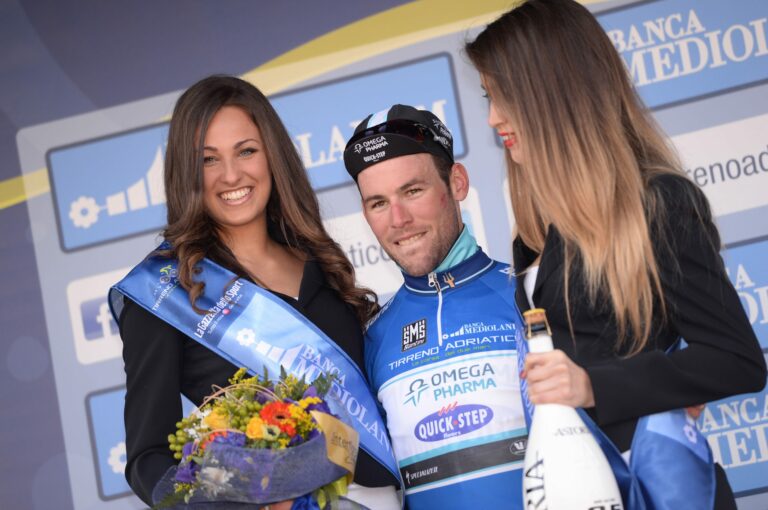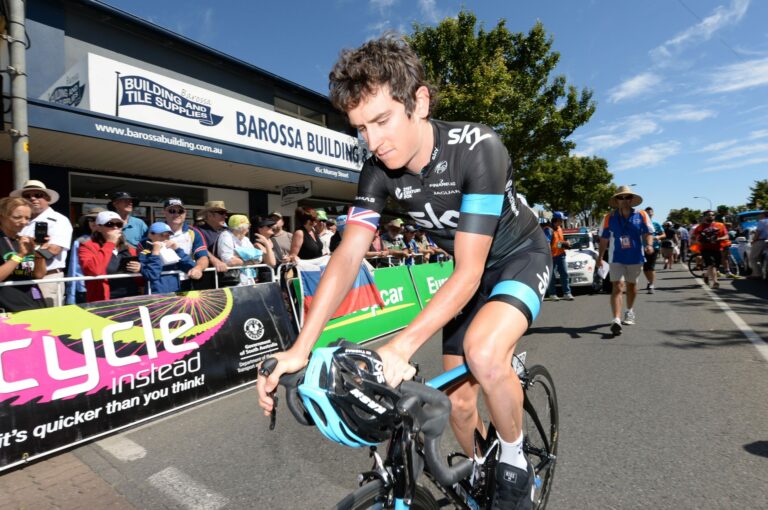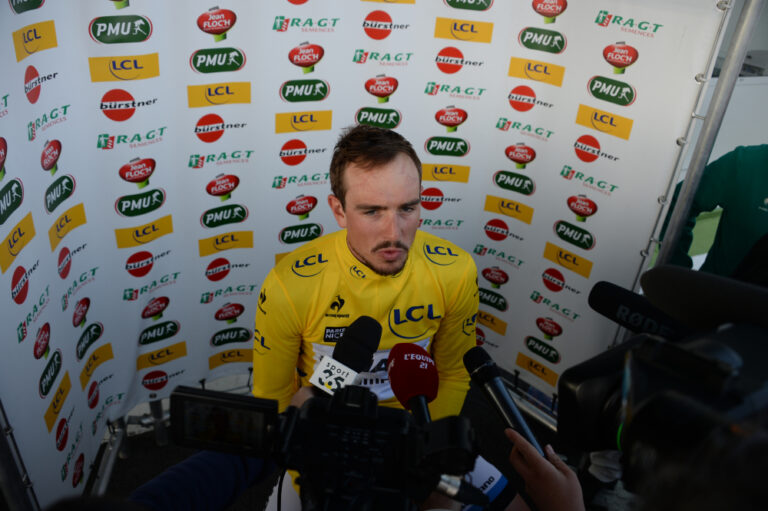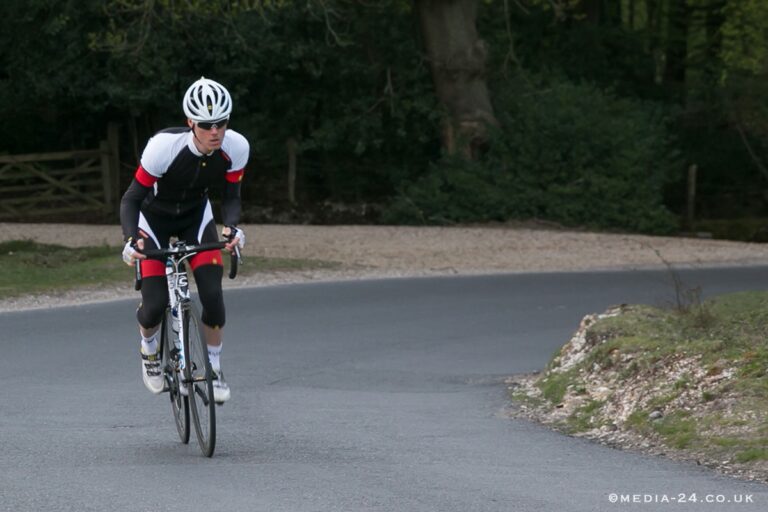One of the innumerable pleasures of working in cycling is the shared passion for the sport.
Almost everyone you meet in the industry has chosen to work within it for the opportunity it provides to earn a living while pursuing a passion. Few are in this game to get rich; most because it brings them into daily contact with the sport they love.
Take Martin Steele, for example: social media man for cycle clothing brand, Endura, stalwart of the Scottish cyclo-cross scene, and member of Velo Club Moulin (Moulin, pronounced moo-lin, is a small village on the outskirts of Pitlochry, Steele explains, helpfully). Who else would choose the Isle of Mull on a rain-lashed weekend in December as an ideal location for a video shoot? The opportunity provided by the final round of the Scottish cyclo-cross series, two-days of racing in the grounds of Glengorm Castle, proved irresistible, however.
The Atlantic coast of Scotland is not synonymous with peace and tranquility, but neither, come to that, is cyclo-cross. The two formed a union of mud, racing, driving rain, and howling gales before Christmas, in conditions that forced the closure of ferries to the mainland. Three ferries serve Mull, the largest of which sails to the island from Oban. Those who waited until Saturday to make the crossing were disappointed.
The Atlantic coast of Scotland is not synonymous with peace and tranquility, but neither, come to that, is cyclo-cross
Steele arrived on the Thursday before the race to take in a tour of the Tobermory whisky distillery and to reacquaint himself with Mull, an island he has visited for ‘cross racing for several years. It is a period in which he has seen the sport grow, on the island, and across Scotland. Events on the mainland now attract hundreds of riders and command separate categories for juniors, women, senior riders and veterans, where once they all started together and dropped out, category by category, when their allotted time had expired. Organisers are considered capping entry to certain events to ensure racing finishes during the limited daylight enjoyed by Scotland in winter.
The numbers turning out to race on Mull have increased too, with last December’s event attracting about 100 riders. It is a race that has attracted riders from further afield, even from the heartland of ‘cross. Former Belgian time trial champion, Liesbet De Vocht, formerly a member of Marianne Vos’ Rabo Liv road team, and now plying her trade on the road with Lotto-Belisol Ladies, alongside Britain’s Emma Pooley, once competed on the island (“Turns out, she was a better time trialist than ‘cross rider,” Steele recalls).
Saturday night saw Glengorm Castle abandoned in favour of Aros Hall on the Tobermory waterfront and a ceilidh: a night of dancing and drinking
By Friday, with his visit to the Tobermory Distillery completed, and 24-hours to kill before racing commenced, Steele found time amid “pottering about” (an activity that surely belongs in any Mull tourist guide) to note that wind speeds had increased to around 60mph and that rain was now coming down in stair rods. Those prepared to race in such conditions would have to be hardy indeed. Steele was among them. Modestly describing himself as “absolutely hopeless”, Steele’s pleasure in ‘cross lies not in the pursuit of glory, but instead in, “getting on the startline and ragging around for an hour”. As such, he makes a radically different subject to RCUK’s ‘cross interview, two-time US national champion, Jeremy Powers.
The factor that unites both men in their shared love of ‘cross is the sense of community the discipline engenders. Powers told RCUK that watching a ‘cross race in America was much like attending a college football game: sport serving as the hardly-necessary excuse for a party. Steele believes the Scottish ‘cross scene is heading in the same direction. The Scots, however, enjoy themselves in a different fashion to the Americans (the climate is hardly conducive to barbecues). Saturday night saw Glengorm Castle abandoned in favour of Aros Hall on the Tobermory waterfront and a ceilidh: a night of dancing and drinking. “The pubs in Tobermory were full of cyclo-crossers,” Steele recalls, “some of them drinking Coca-Cola…some of them not.”
A less welcoming community than Mull might wonder at an annual influx of lycra-clad loons. B&Bs, hostels, and the pubs, however, do a roaring trade when ‘cross is in town. And as the unofficial gatekeeper to the island, ferryman, Davie Graham, is a driving force in Scottish cyclo-cross, perhaps they have no choice. The phrase “a good time was had by all,” might be applied with some accuracy, if Steele’s memory is to be trusted.





